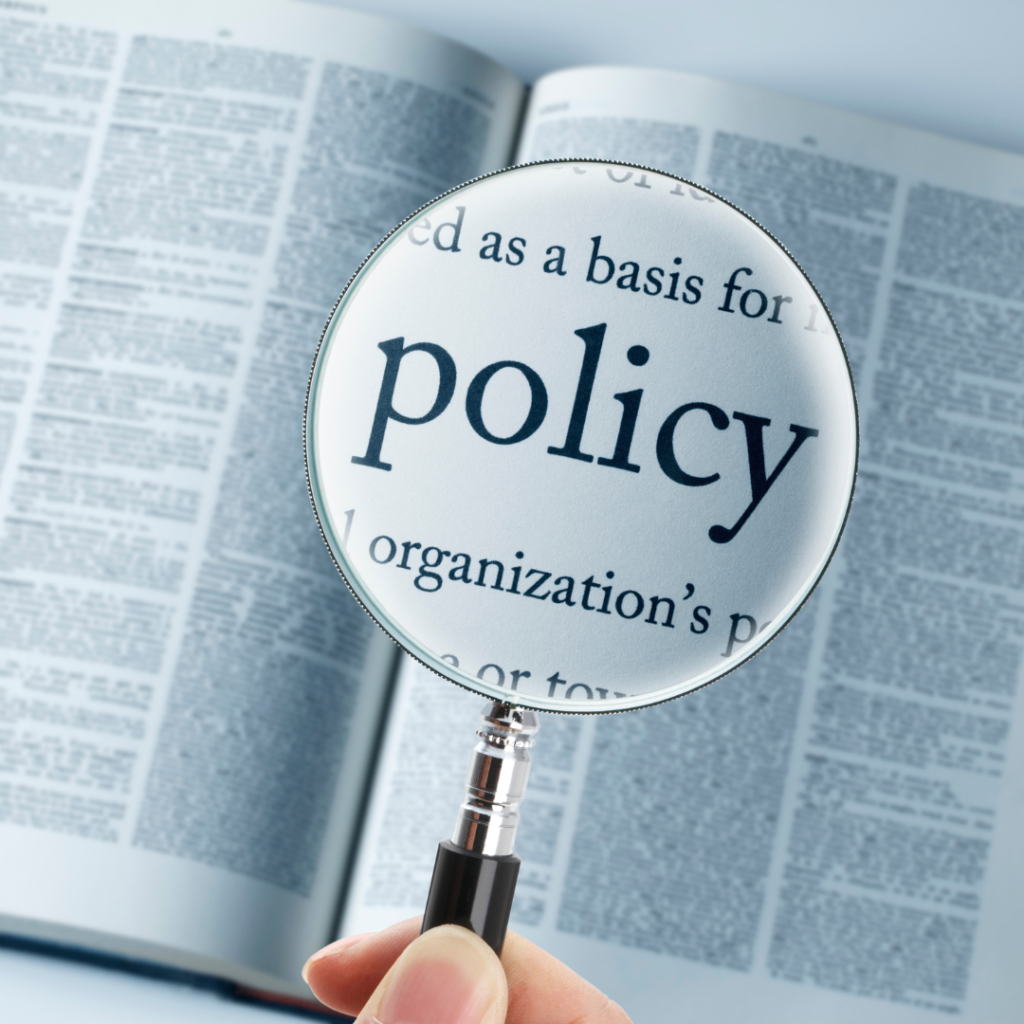by TRUENIQUE
The European Union’s regulatory landscape is set for a significant transformation with the introduction of the Omnibus ESG Regulation, a legislative initiative announced by European Commission President Ursula von der Leyen in November 2024. Designed to streamline and unify corporate sustainability reporting requirements, this regulation aims to reduce administrative complexity while preserving the EU’s ambitious ESG commitments.
By integrating key directives, including the Corporate Sustainability Reporting Directive (CSRD), the Corporate Sustainability Due Diligence Directive (CSDDD), and the EU Taxonomy Regulation, the Omnibus ESG Regulation seeks to create a single, cohesive framework that ensures regulatory clarity across Member States.
Published on February 26, 2025, this regulatory reform is part of the Budapest Declaration on the New European Competitiveness Deal, which outlines a significant reduction in ESG reporting requirements in its initial phase. While some stakeholders fear that simplification may come at the cost of weakened sustainability commitments, the European Commission has reassured businesses and investors that the reform is focused on efficiency, not deregulation.

Key Features of the Omnibus ESG Regulation
The Omnibus ESG Regulation is set to bring in the following changes:
- A unified ESG compliance framework – consolidating multiple directives into a single regulation.
- Reduced reporting burdens, particularly benefiting small and medium-sized enterprises (SMEs), with reporting obligations expected to drop by up to 35% for small businesses.
- Greater legal consistency across the EU, as replacing directives with a regulation will ensure that rules are directly applicable in all Member States without requiring national transposition.
- Improved global ESG alignment, making definitions, methodologies, and reporting standards more interoperable with international frameworks.
Mixed Reactions from Stakeholders
The Omnibus ESG Regulation has been met with both optimism and skepticism. Many businesses welcome the reduced administrative burden, seeing it as a much-needed step to streamline compliance efforts. However, NGOs and sustainability advocates worry that the simplification process could dilute corporate ESG responsibilities, potentially weakening the EU’s leadership in sustainability regulation.
Despite these concerns, the Commission has reiterated its dedication to maintaining robust ESG standards while ensuring that EU businesses remain globally competitive.
What’s Next?
As the legislative process unfolds in the European Parliament and Council, additional amendments or refinements may emerge. Businesses operating within the EU, or exporting to the region, should stay informed and proactively prepare for these upcoming regulatory changes. Strategic planning, expert consultation, and an early adaptation to ESG best practices will be essential for ensuring long-term compliance and competitiveness.


